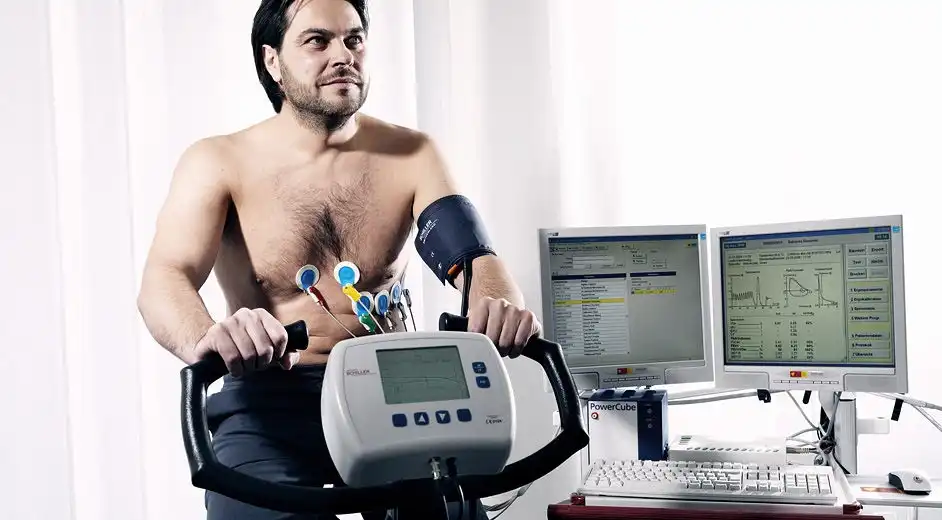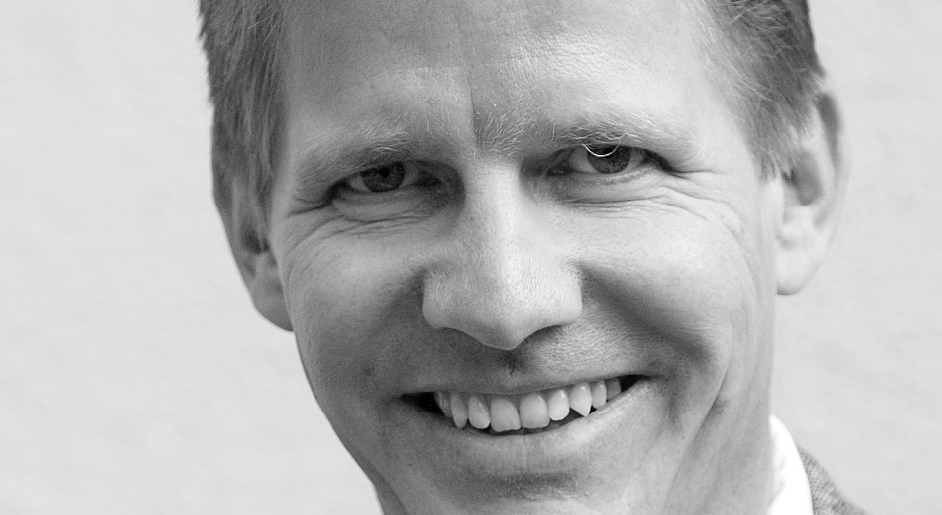1 Train your muscles
It may be practically impossible to estimate the extent of the damage inflicted on society by age-related muscle atrophy in our society. Thousands of falls and countless cases of diabetes, elevated cholesterol and high blood pressure could be prevented if people not only moved about more in general, but also spent 2x20 minutes per week training their muscle. Muscles don’t just stabilise our bodies: muscle tissue is also highly metabolically active. This relatively new recommendation holds true for both men and women and has nothing to do with bodybuilding, but very much to do with maintaining good health in old age.2 Take Vitamin D
Vitamin D is the anti-aging vitamin of recent years, since it has been found to decrease the incidence of numerous diseases such as heart attack, stroke, cancer and in dementia disorders. Deficiency of this "sunshine vitamin" is found in over 80% of patients. Diet alone cannot compensate for this deficiency, daily exposure to sunshine would be theoretically possible, but where do we get the sunshine from and - more importantly - what would the dermatologists say to that? So you are better advised to protect yourself from the sun and take 1000 units of vitamin D daily.

3 Be prudent with indulgences
Your body can tolerate a lot and has an amazing ability to regenerate. However, if we weigh it down daily with tobacco toxins or alcohol, even this biological miracle will eventually reach its limits. As a result, we age faster, get ill sooner and live shorter lives. The World Health Organization recommends a maximum of 0.1 litres of wine daily for women and a maximum of 0.2 litres of wine daily for men (on average). With regard to cigarettes, there is no medically safe limit. If it exists at all, it is certainly less than one cigarette per day.
Since very few smokers can keep to this, it’s better to give up altogether.
4 Have a preventive check up
It’s important to know where you stand, so you are not caught out by diseases that are still curable at an early stage but have very few treatment options later on.So take advantage of any preventive checks that are paid for by statutory health insurance funds and most private insurance policies. It’s just important to know what your cholesterol level is, whether diabetes is looming or whether precursors of colon cancer are present. Other checkups that aren’t usually covered by health insurance but are nonetheless very important are ultrasound scans of the carotid arteries and abdomen and the determination of your thyroid volume.

5 An apple a day keeps the doctor away
Every day, our cells are attacked by billions of so-called free radicals, aggressive by-products of our metabolism that can damage our cells, thereby making us age. They can be neutralised by the antioxidants from fruit and vegetables, which is why the German Nutrition Society also proposes to eat 5 servings of them every day. Our body can’t function properly if we go entirely without fruit or vegetables through the day; if that’s too much for you, you can use natural alternatives e.g. by taking extract-based nutritional supplements, like those I have recently developed, among others. (www.humanicon.de)
6 Eat fish
All societies with a long life expectancy are characterised by a high level of fish consumption. Fish contains omega-3 fatty acids, which have some slight blood-thinning properties, and protective effects on the heart and brain. Eating an almost exclusively fish-based diet allows Inuit peoples to suffer heart and vascular diseases up to 90% less than us. You should aim to eat fish at least twice a week fish or, alternatively, you can take omega-3 in capsule form. However, be very careful to choose pharmaceutical quality products, as only omega-3 oils of the highest purity level are digestible and effective.

7 Find a friend for life
One-third of healthy aging is based on a healthy state of mind, and it’s difficult to find it alone. Loneliness has a severe impact on life expectancy. Make an effort to make good friends when you’re younger, and don’t break up with them over silly little things, because you will all need each other in your old age.8 Stay with your partner
Married people do live longer, a robust fact that has been proved over and over again in scientific studies. In particular, the second half of life is more difficult to survive without a partner. It’s therefore worth thinking twice about separating on a whim just because the grass is (supposedly) greener on the other side; more often than not, that isn’t the case.

9 Learn to meditate
Stress is one of the most important factors causing aging and disease in our competitive society. While we are certainly part of this society, and yes, we should be proud of achievements, we must find a way to occasionally kick back and let our minds come to rest. This can’t be achieved purely by good intentions, but similar to our body, requires constant training. Our brain can learn to relax and to calm down. This is best done using the Far Eastern meditation techniques based on the principle of mindfulness. And don’t worry: you don’t have to wrap yourself in an orange habit to do it.
10 Stay curious
Always the same routine, always the same fixed behaviour patterns, always the same conversations. The danger of setting yourself mentally in concrete increases with old age, so staying young therefore means staying young at heart. Try new things, travel, read books, go to the theatre and, above all, always have a special project going, like planting your garden - these are the things that will keep you young.
Find out more
Visit Website - Medical Prevention Centre Hamburg (MPCH) 












